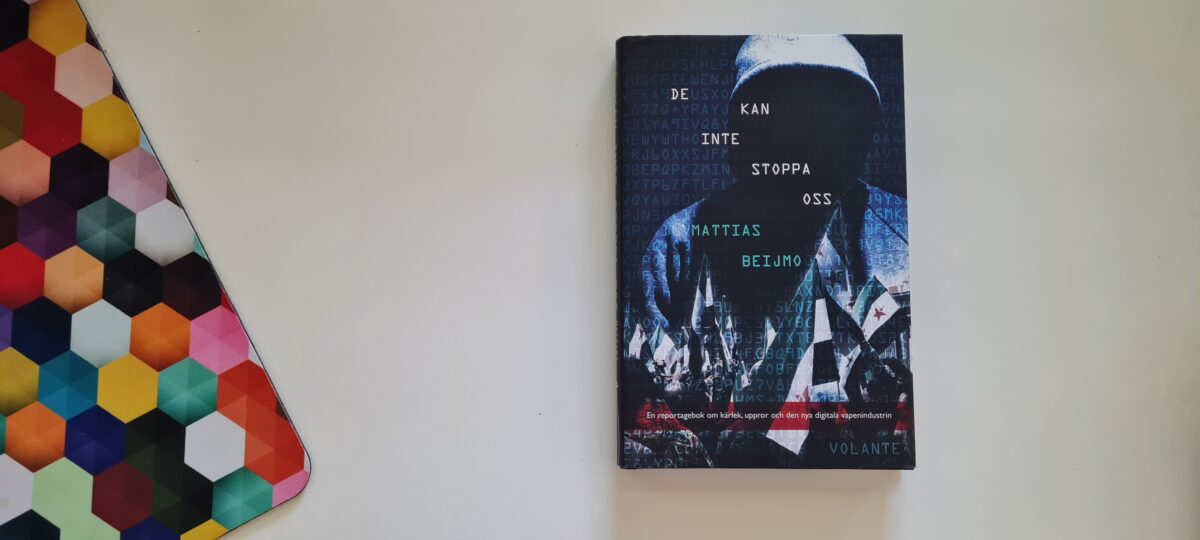Mattias Beijmo is a Swedish public speaker, opinion writer and analyst focused on technology and its implications for privacy, democracy and society. In the book They can’t stop us, Beijmo tells us a story of the Arab spring mainly through the lens of two young Syrians. Bassel is the outstanding tech-savvy guy with a promising, global future. Noura is the aspiring jurist, defending human rights in a dictatorship. Both want more, but none of them are prepared to leave Syria, despite the looming protests and clashes with police and security forces.
As the clashes turn into a looming civil war, in the mezzanine of severe oppression but not outright war, Bassel and other democracy protesters receive help from hackers internationally. One group is based in Sweden, named Telecomix. They do their best in helping protesters avoid surveillance and tracking. Unfortunately, another Swedish presence presents itself to the Syrian dictatorship – Ericsson (also other companies). They can help track people. And so, the technological war also begins.
Another of Beijmo’s intention is to reveal digital weapons, or should I say how seemingly benign digital equipment can be turned into weapons with devastating effects, especially for people who believe in democracy, freedom of speech and human rights.
In recent years, Swedish media has disclosed how several more Swedish companies sell equipment to dictatorships in Belarus and Myanmar, with the purpose of surveillance and tracking of dissidents. Some scenes from the book are imprinted on my mind. And dare I mention, they are not happy. Reading it (it only exists in Swedish though) might give you cold shivers down your spine again and again. But if you’re a proponent of democracy, or at least prefer living in a democracy, you should read it.
